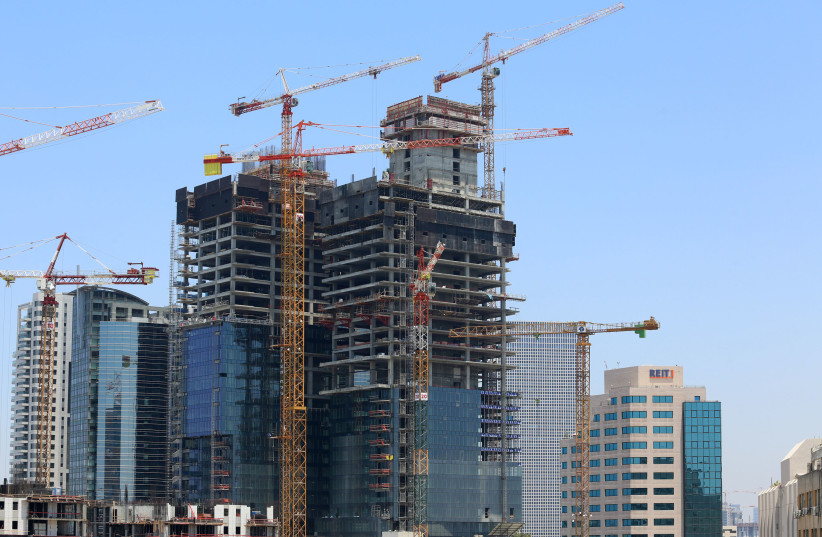The real estate market in Tel Aviv jumped by 18% between the second half of 2021 and the first half of 2022. This is the highest rate since 2010, along with an 18% increase in the volume of outstanding mortgages.
In a special report, economists from USB Bank said that this is the quickest jump in 25 years. They developed a global real estate bubble index which shows that Toronto and Frankfurt present the highest levels of risk among the global housing markets. The study evaluated residential real estate prices in 25 prominent cities worldwide.
Between the end of 2021 and the first half of 2022, housing prices in the cities evaluated rose by 10% on average, but the global housing boom is now coming to an end. The study also showed that housing prices in Tel Aviv almost tripled between 2001 and 2017.
The rent maintained a rate of increase alongside the increase in purchase prices, which reflects a shortage of apartments. After a short correction period of decline in 2018, the market returned to another phase of price jumps. As a result, the market is now at risk of being a bubble.

How external factors affect the housing market
The housing market is also affected by external factors. For example, housing in Dubai has risen and fallen over the past two decades in response to global oil prices.
The frequently changing oil prices and increased immigration have breathed life into the market in the last year. Housing prices there increased by 10% between mid-2021 and mid-2022. Rent has exceeded the growth in housing prices in the last four quarters. Therefore the market continues to enjoy a fair valuation.
But the main reason for the increases has to do with the fact that low-interest rates have increased housing purchase prices and pushed them away from income levels and rents. Some cities experienced average price increases of 60%, while real income and rent increased by only 12%.
